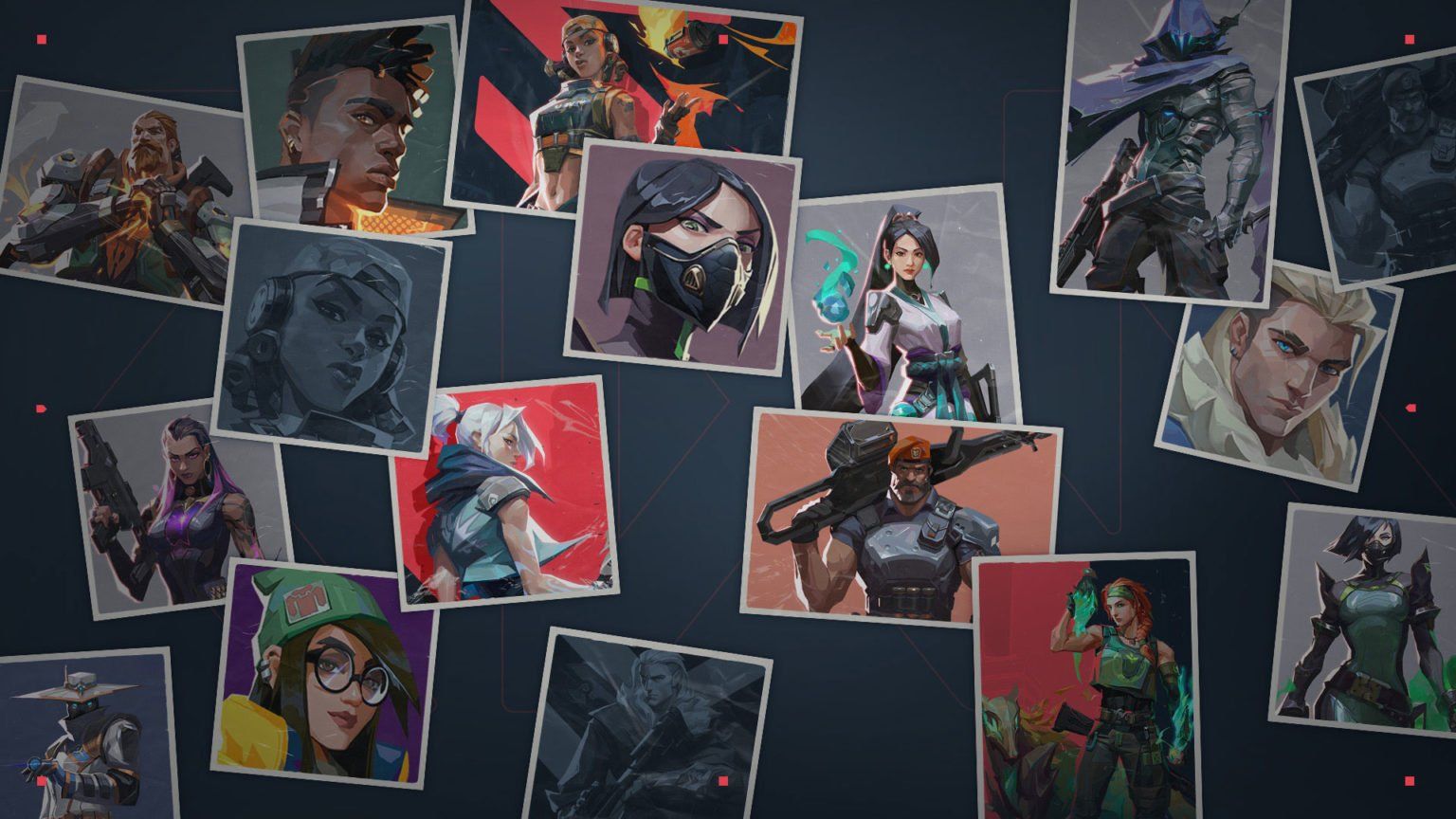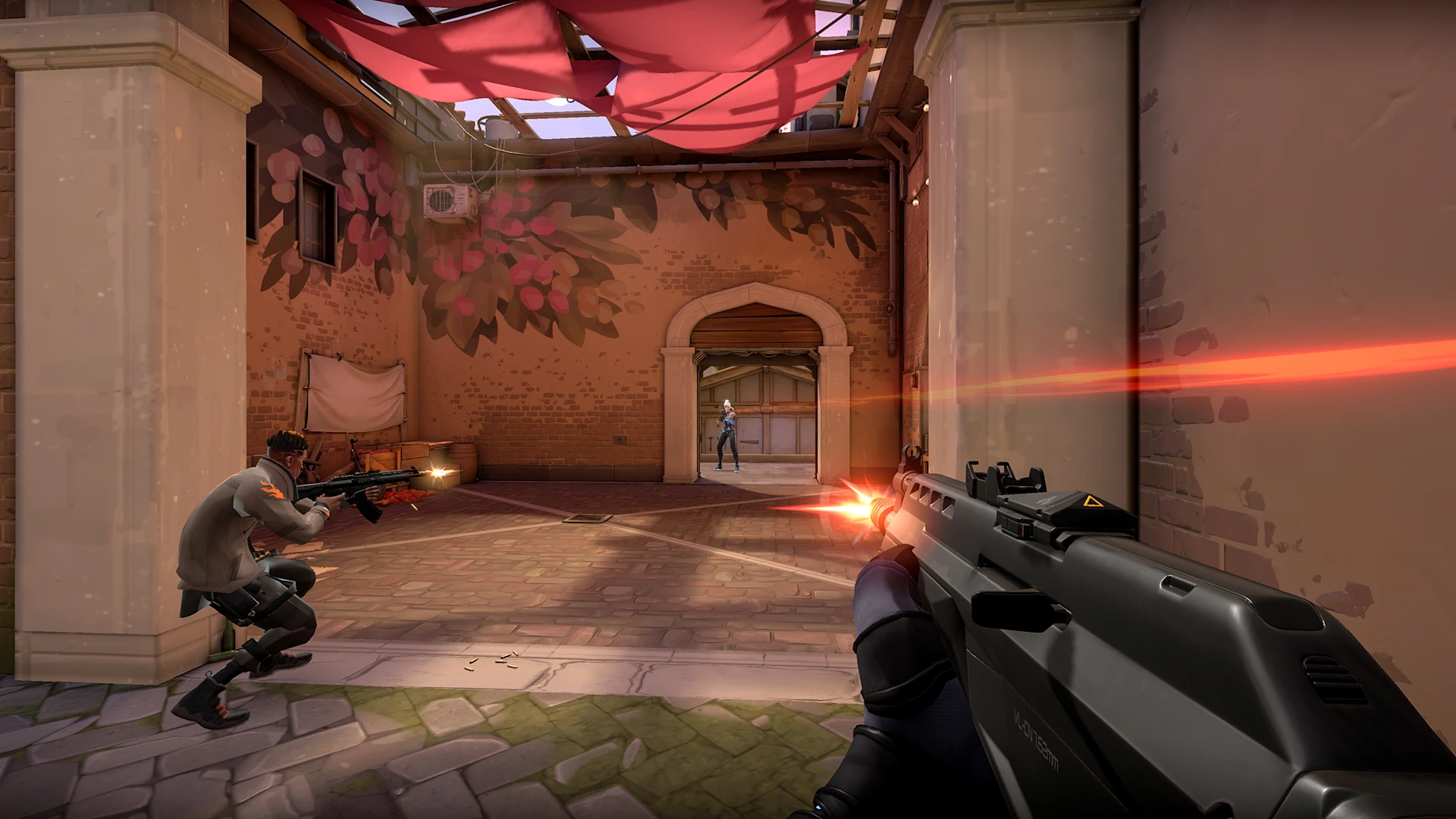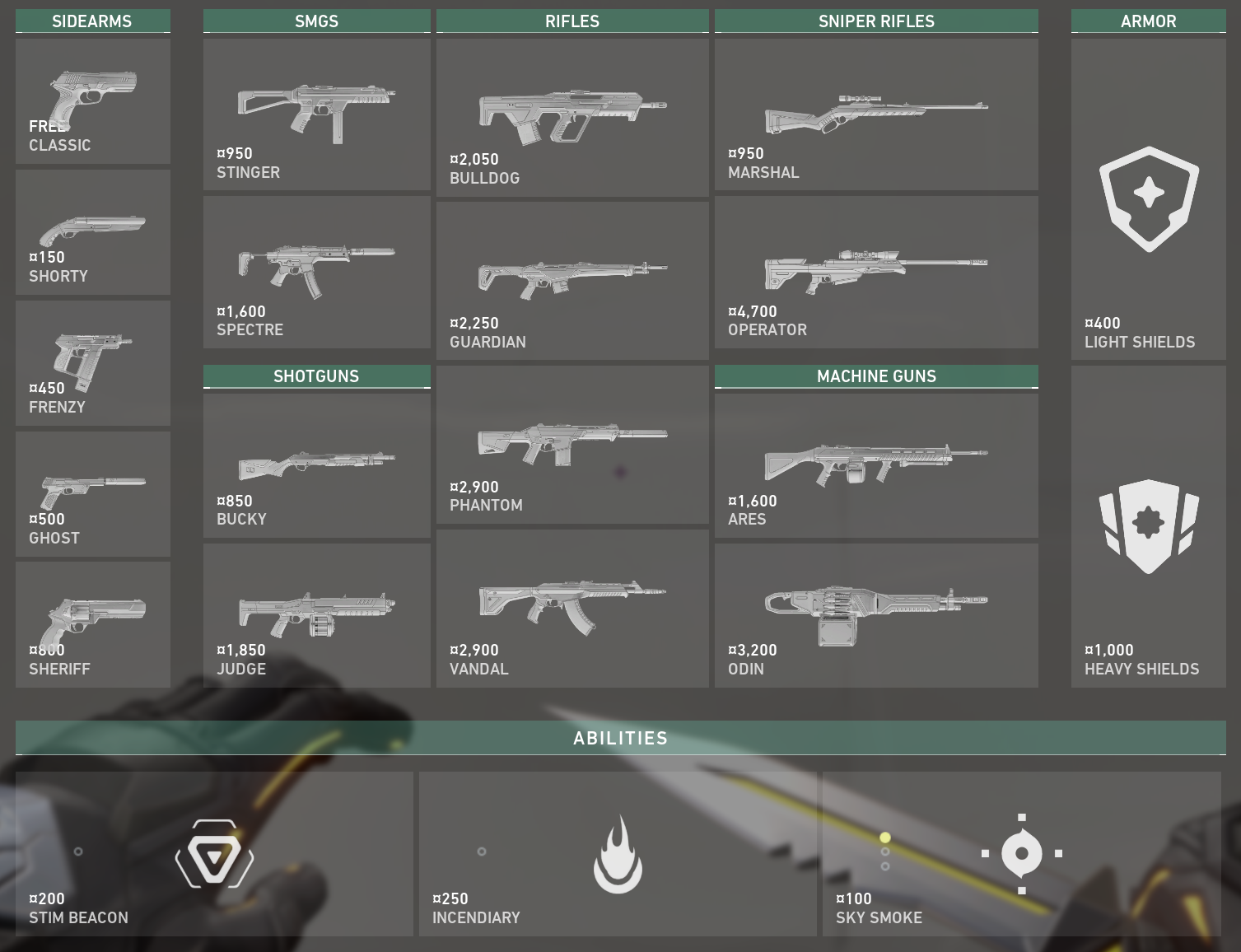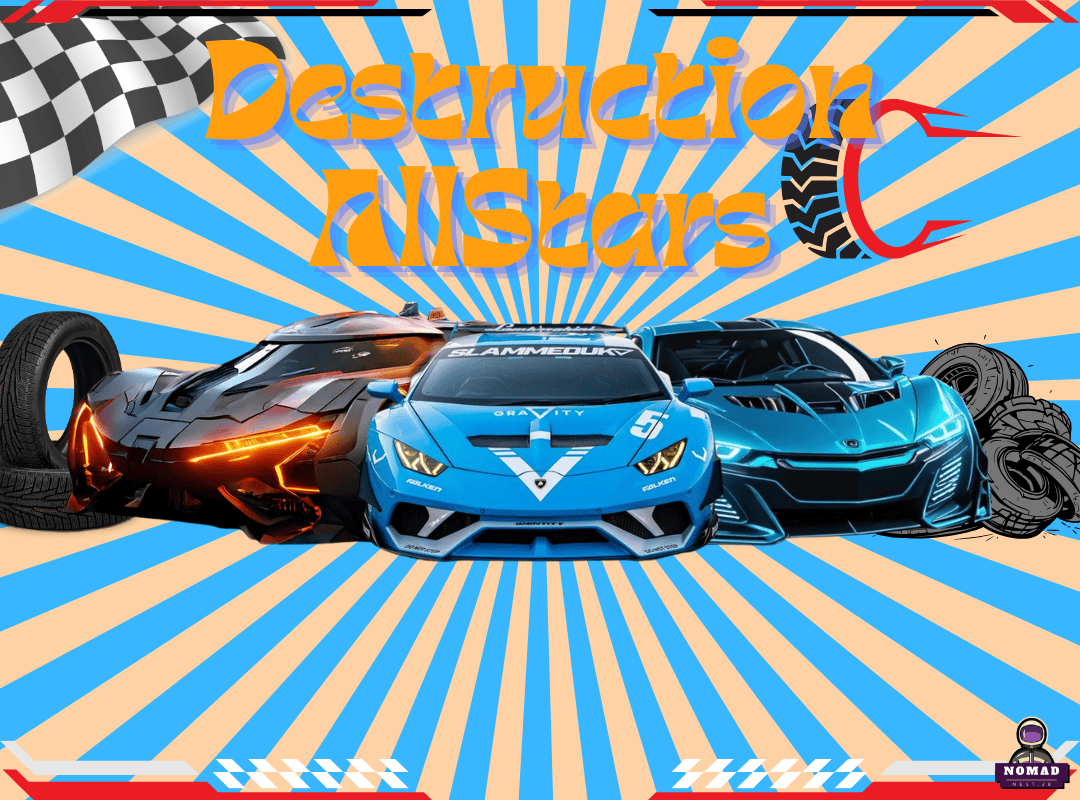Valorant is a tactical team-based first-person shooter (FPS) developed by Riot Games. Since its launch, Valorant has gained popularity for its blend of CS: GO-style precision shooting (aiming) with tactical elements and unique abilities of each character-known in Valorant as agents. This article explains Valorant in depth: its core mechanics, agent roles, maps, economy, team strategy, game modes, rankings, and practical tips for new to intermediate players.
About Valorant’s Basic Concepts
What is the goal of the game Valorant?
Valorant is typically played in a 5v5 format, with the primary objective varying between teams: one team plants a virtual bomb called a spike, while the opposing team attempts to prevent the spike from being planted or deactivate it. Each round is typically short (around 100 seconds for the normal phase), and the first team to win a specified number of rounds (usually 13) wins the map.
Shooting mechanics in Valorant game
Valorant emphasizes bullet precision: recoil, spray, and accuracy while moving are all important. There are key principles:
- Walking decreases accuracy, while running decreases it even more.
- Shooting while standing still or using a controlled spray produces the best results.
- Headshots often kill with one shot on many weapons; aiming for the head is crucial.
If you want to read the Online FPS & Tactical Shooters category like this, click here
Agent: Role and Capabilities Valorant

Source: cdn.turbosmurfs.gg
Four main roles in the Valorant game
Each agent has unique abilities and typically falls into one of four roles:
- Duelist — The player who leads the attack; has offensive abilities to open the game and find frags (popular characters in this category often have high mobility and offensive abilities).
- Initiator — Opens up space and gathers intelligence; their abilities facilitate team entry into locations.
- Controller — Controls areas of the map with smoke, area denial, or visual distractions so the team can move more safely.
- Sentinel — Acts as an anchor or guardian, focusing on defense, healing, or traps to hold points.
Types of abilities in each agent
Each agent typically has four abilities: two utility abilities (often cheap or free), one additional ability (paid with credits), and an ultimate (a powerful ability that requires charging). Proper ability usage (timing, positioning, and combination) often determines the outcome of a round more than simply good aim.
Map and Territory Control in Valorant Game
Map structure
Valorant maps have distinct zones: two plant points (sites A and B in most maps), the mid lane, and the rotation position. Controlling the mid lane and fast rotations is often crucial in competitive maps because it cuts off support and controls the tempo of the game.
Map control
Taking map control means placing agents in informative positions ( spot vision or off-angle positions), securing rotation angles, and setting up smoke/zones to block enemy sightlines. The team that controls the map often has a psychological and economic advantage.
Economy and Money Management in Valorant Items
Economic understanding
Each round awards monetary rewards based on actions: kills, rounds won, or a loss streak bonus. Managing weapon and ability purchases is crucial: the decision to eco-round (save money) or go full buy (buy weapons/abilities) determines the team’s capacity in subsequent rounds.
Basic principles in the Valorant game
Don’t buy alone if your team can’t afford a full buy; it’s better to save money so your team can buy in full in the next round. Force buying is sometimes necessary to disrupt your opponent’s momentum, but it can be risky.
Game Modes and Competitive Formats

Source: ctfassets.net
Valorant is popular in the competitive scene and also offers casual/competitive modes:
- Unrated / Spike Rush / Deathmatch for practice, casual play, or warming up. Com
- petitive for official rankings: Players play best-of-one in a map pool and move up or down in rank.
Ranking system in Valorant ranking
Valorant uses tiers/ranks to categorize players’ playing levels. Players move up or down the ranks based on competitive performance. Ranks encourage individual skill development and team synergy.
Team Strategy and Communication in the Game
Effective communication
Valorant is a team game; concise and timely communication (location callouts, HP, enemy abilities) is crucial. Use voice chat to provide real-time information and pings for situations when voice is busy.
Attack and defense strategy
- Entry fragging: The duelist or initiator enters first to open up space.
- Post-plant: After the spike is planted, the defensive position focuses on crossfire, delay utility, and rotation information.
- Retake: When the team must cover a location after the enemy has planted a spike, coordinating utility and a gradual entry is necessary.
- Default: The standard strategy for taking map control and securing early picks.
If you want to see the game updates directly, click here.
Weapons and Loadouts in Valorant

Source: oyster.ignimgs.com
If you want to top up Valorant, click here.
Valorant offers a variety of weapon categories: pistols, SMGs, rifles, snipers, shotguns, and machine guns. Understanding the recoil, effective range, and price of each weapon helps you choose the right weapon based on your team’s financials. For example:
- Rifles (like medium-long-range weapons) are ideal for teams that rely on aiming.
- SMGs are more effective for eco rounds due to their low cost and high mobility.
- Snipers are for long-sightline map control.
Anti-Cheat and Fair Play in the game
Valorant is known for its stringent anti-cheat measures to maintain fair competition. Furthermore, a reporting system and penalties for toxic behavior help maintain a positive community environment. Those who cheat can have their accounts banned or deleted by Valorant.
Practical Tips for New Players Get Proficient Faster at Playing Valorant
- Aim practice: Use deathmatch mode and aim trainers to improve accuracy.
- Learn one agent first: Master one agent until you understand their timing and ability combos.
- Map knowledge: Memorize the callouts and rotations for each map.
- Economy: Learn when to save and when to force buy.
- Watch competitions: Study rotations, high-level utility usage, and pro player positioning.
- Communication: Clear and concise information saves rounds.
Valorant FAQ
Q1. What is Valorant?
Valorant is a 5-on-5 tactical first-person shooter (FPS) game developed by Riot Games. In the game, players are divided into two teams-Attackers and Defenders. Each player chooses a unique character called an Agent, each with special abilities that can be used to support the team’s strategy.
Q2. Who developed Valorant?
Valorant was developed by Riot Games, the company behind popular games like League of Legends (LoL). Riot Games released Valorant globally on June 2, 2020.
Q3. Does Valorant have an official esports tournament?
Yes, Riot Games has a global esports league called the Valorant Champions Tour (VCT). This tournament is a prestigious event where professional teams from around the world compete to become the Valorant world champion.
read too Valorant Champions Tour (VCT).



